BISP Mobile Wallets Launched in Pakistan For Faster and Safer Payments 2025
The Government of Pakistan has launched BISP mobile wallets in 2025, allowing millions of women to receive their quarterly payments in a faster and safer way. This new system is part of a major move to improve how social support is distributed to beneficiaries. Instead of waiting in long lines at cash centers or dealing with middlemen deductions, women will now receive Rs. 13,500 directly into their mobile wallets.
This change is expected to make payments more efficient and secure, while also providing women with real-time control over their money. Check also Withdrawing BISP 8171 October Payment 2025
Why Mobile Wallets Matter for BISP Beneficiaries
The Benazir Income Support Program (BISP) has been helping families in Pakistan since 2008. However, the traditional method of distributing payments caused many problems, such as long waits at cash centers, agents taking cuts from the payments, and problems with accessibility in rural areas. Additionally, many women, especially in rural communities, struggled with financial literacy.
By introducing mobile wallets, the government has tackled these issues. Now, the payment process is much easier and more reliable, giving beneficiaries control over their money in a way they didn’t have before.
Key Benefits of BISP Mobile Wallets
The new system of mobile wallets comes with several benefits:
- Direct Payments: Money goes straight into the mobile wallet, with no deductions.
- 24/7 Access: Beneficiaries can access their funds anytime, through mobile apps, ATMs, or wallet agents.
- Safer Transactions: Women don’t need to carry large amounts of cash, reducing the risk of theft or fraud.
- Financial Inclusion: The new system helps women who previously didn’t have access to banking services to enter the digital economy.
These benefits show how mobile wallets can help improve lives and protect beneficiaries’ hard-earned money.
The Government’s Vision Behind the Mobile Wallets
The rollout of BISP mobile wallets is part of Pakistan’s larger effort to move towards a cashless economy. Supported by international organizations like the European Union and the German Government, this initiative aims to:
- Reduce fraud and unauthorized deductions from payments.
- Speed up the distribution process by providing real-time transactions.
- Encourage digital literacy, especially among women.
- Improve transparency in the country’s social protection system.
Who Can Use BISP Mobile Wallets?
To use the mobile wallet, beneficiaries must meet certain criteria:
- Be registered under the BISP 8171 Kafaalat program.
- Have a CNIC (Computerized National Identity Card) and an active SIM card in their name.
- Complete biometric verification with NADRA (National Database and Registration Authority).
- Choose a mobile wallet provider like JazzCash, Easypaisa, or UPaisa.
The system is being launched in phases, starting with urban areas and expanding across Pakistan.
How to Register for BISP Mobile Wallets
To register for the mobile wallet, BISP beneficiaries need to follow these steps:
- Visit the nearest BISP office or a wallet provider (JazzCash, Easypaisa, or UPaisa).
- Show your CNIC and SIM card that is registered in your name.
- Complete biometric verification if not already done.
- Choose your preferred wallet provider.
- Receive an SMS confirmation once the wallet is linked to your BISP account.
It’s important to remember to use a SIM card registered in your name to avoid verification issues.
Supported Mobile Wallet Platforms
BISP beneficiaries can choose from popular mobile wallet platforms, including:
- JazzCash: Known for its wide network, this wallet offers ATM withdrawals and easy access through mobile apps.
- Easypaisa: Especially useful in rural areas, Easypaisa offers real-time alerts and access via shops, ATMs, and mobile apps.
- UPaisa: Backed by Ufone, UPaisa offers simple services through USSD codes and mobile apps.
- Bank Wallets: For those who prefer traditional banking services, several banks offer digital wallets linked to their banking apps and ATMs.
Mobile Wallets vs Traditional Payment Methods
Here’s how mobile wallets compare with the old method of cash distribution:
| Feature | Traditional Cash Centers | Mobile Wallets |
|---|---|---|
| Access | Limited to cash centers | Anytime, anywhere on phone |
| Deductions | Often cuts by agents | No unauthorized deductions |
| Safety | Risk of theft | Secure, CNIC-linked wallets |
| Convenience | Travel to centers required | Available on mobile |
As seen in this comparison, mobile wallets offer more security, convenience, and transparency than traditional methods.
What Officials Are Saying
Government officials have praised the launch of BISP mobile wallets:
- Bilal Azhar Kayani, Minister of State for Finance: “This is a national priority that ensures dignity, speed, and transparency in welfare.”
- Aamer Ali Ahmad, BISP Secretary: “It’s more than just a payment system; it’s a tool for empowerment and digital inclusion.”
- Senator Rubina Khalid: “Women now have the right to choose where and how to receive payments securely.”
BISP Mobile Wallet Payment Details
Women beneficiaries will continue to receive Rs. 13,500 every three months through their mobile wallets. The payment process is entirely digital, with no middlemen or delays. Payments are sent directly to the beneficiaries’ chosen mobile wallet.
Common Issues & Solutions
Even though mobile wallets provide many benefits, some issues might arise:
- SIM not registered in your name – Update your SIM registration.
- Biometric mismatch – Re-verify your biometric information at NADRA or BISP.
- App not working – Use USSD codes or visit an agent.
- SMS not received – Contact your wallet provider’s helpline.
Frequently Asked Questions (FAQs)
Q1: What is the minimum payment through BISP mobile wallets?
A1: Each eligible woman will receive Rs. 13,500 every quarter through the mobile wallet.
Q2: Can I use JazzCash or Easypaisa without a smartphone?
A2: Yes, you can use USSD codes and SMS services on basic mobile phones.
Q3: What if my CNIC is expired?
A3: You must renew your CNIC at NADRA before linking it to your BISP wallet.
Q4: Is wallet registration free?
A4: Yes, there are no charges for registering or maintaining the wallet.
Q5: Can men register for BISP wallets?
A5: No, the mobile wallet system is currently only for women registered under the BISP 8171 Kafaalat program.
The launch of BISP mobile wallets is a significant step forward in Pakistan’s efforts to provide faster, safer, and more transparent social support. By directly linking quarterly payments to mobile wallets, the government has not only streamlined the payment process but also empowered women with financial control. This initiative will play a vital role in improving financial inclusion and ensuring that support reaches those who need it most.

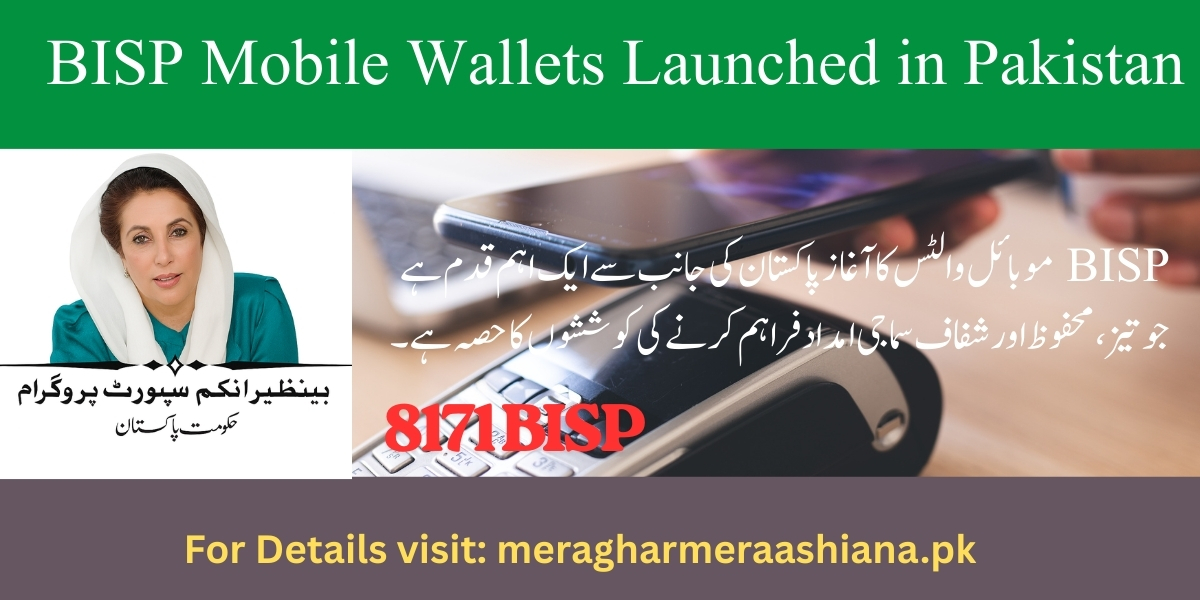
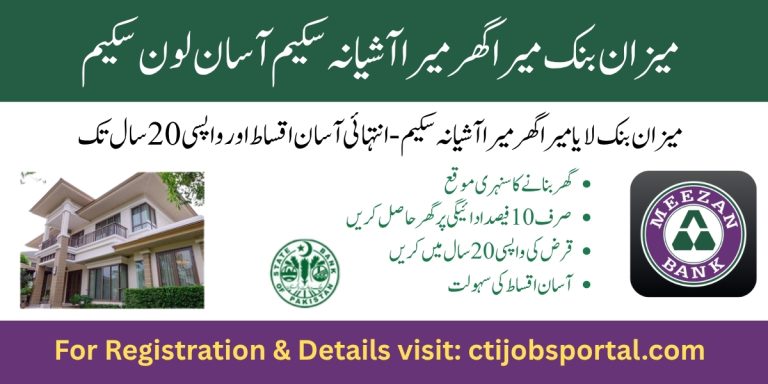
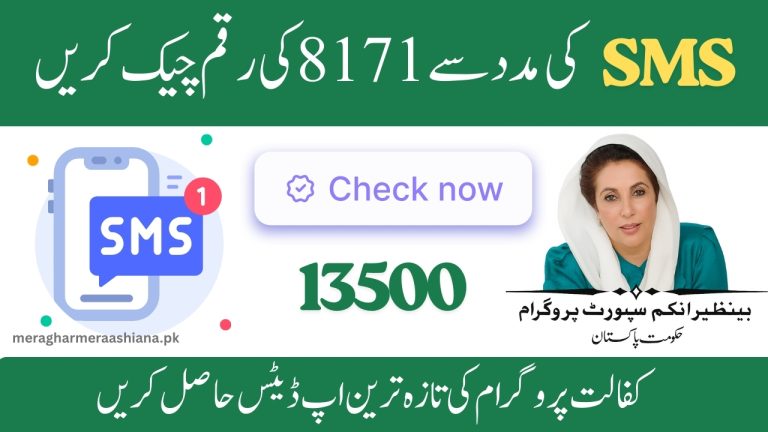


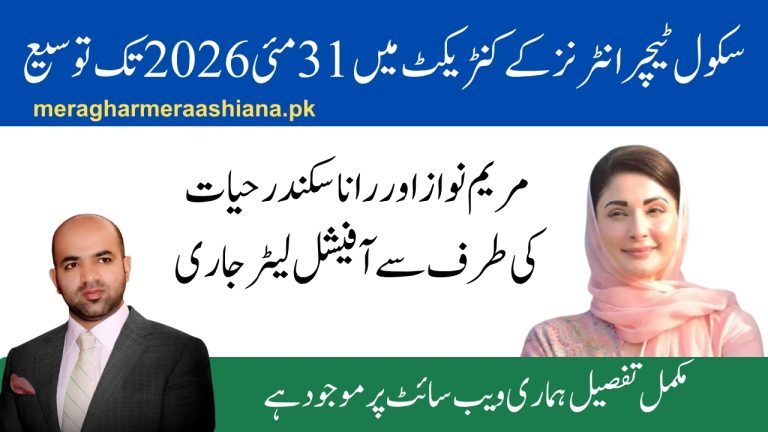
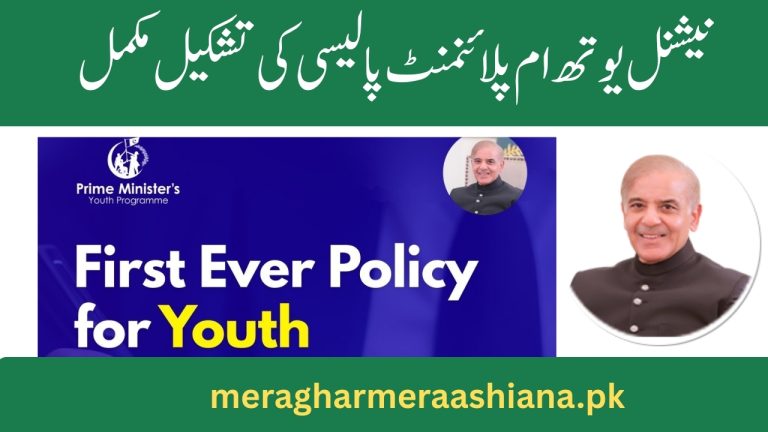
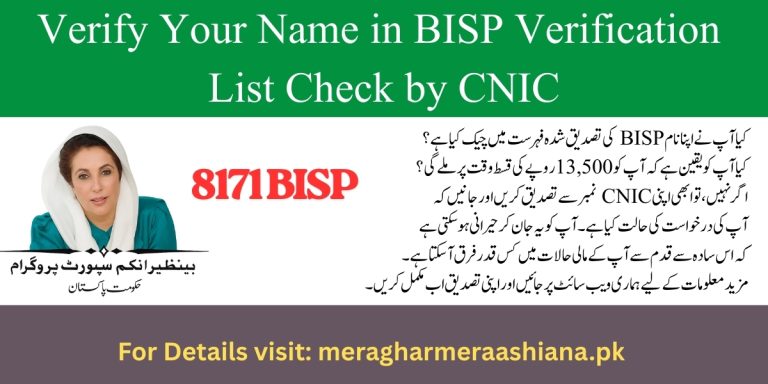
One Comment